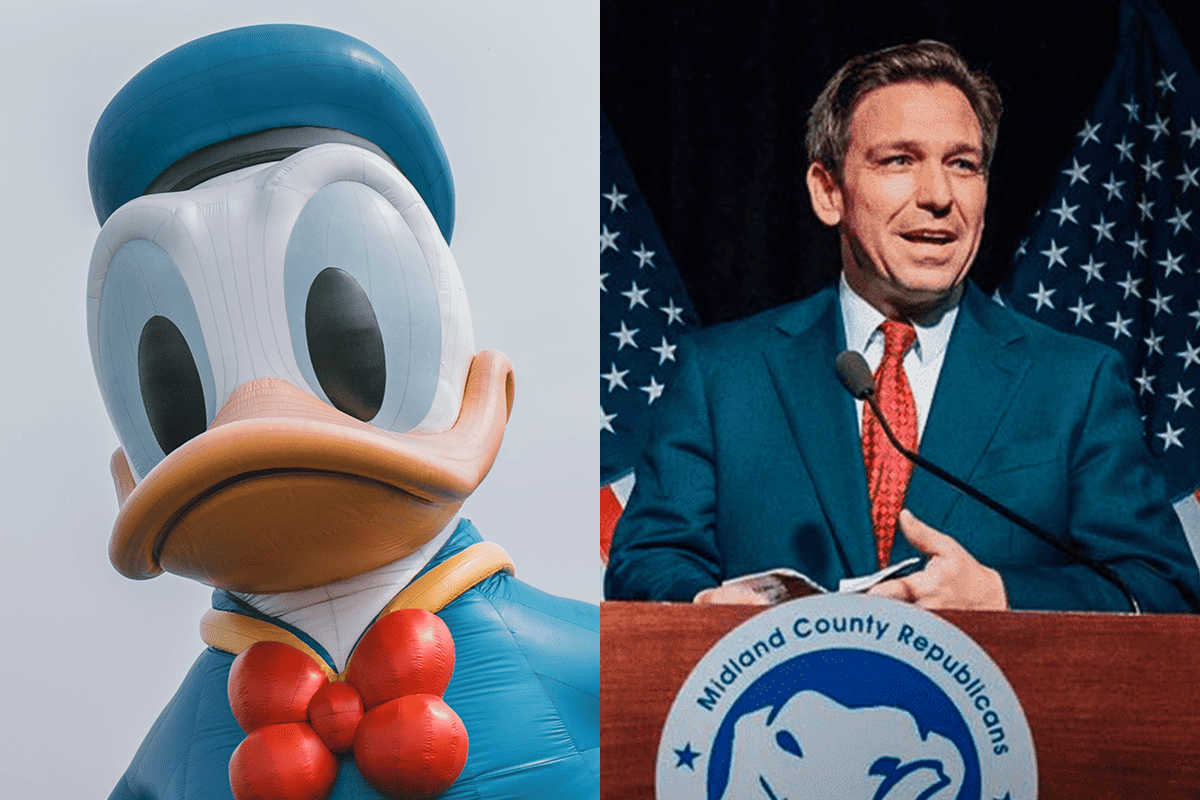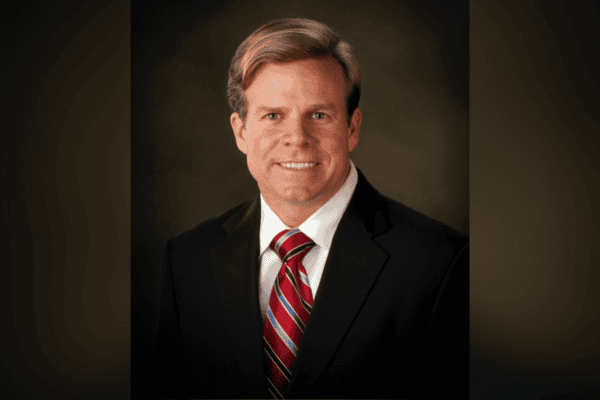Federal judge dismisses Disney’s lawsuit against DeSantis

TALLAHASSEE, Fla. – A federal court dismissed Walt Disney Parks and Resorts’ lawsuit against Gov. Ron DeSantis Wednesday.
Disney had alleged the governor retaliated against the company’s freedom of speech after it criticized parental rights legislation in 2022.
U.S. District Judge Allen Winsor granted DeSantis’ motion to dismiss on jurisdictional grounds.
He cited case law that “courts shouldn’t look to a law’s legislative history to find an illegitimate motivation for an otherwise constitutional statute.”
“Because that is what Disney seeks here, its claim fails as a matter of law,” the judge ruled.
The judge said that Disney even cited a prior First Amendment case where the court ruled a law did not single out the plaintiff, a move Winsor said “only undermines Disney’s position.”
DeSantis press secretary Jeremy Redfern reiterated a phrase used by the governor in regard to Disney: “The Corporate Kingdom is over.”
“The days of Disney controlling its own government and being placed above the law are long gone,” he said in response to the ruling. “The federal court’s decision made it clear that Governor DeSantis was correct: Disney is still just one of many corporations in the state, and they do not have a right to their own special government. In short — as long predicted, case dismissed.
DeSantis and the Florida Legislature moved to strip Disney of its self governing power and created a new, governor-appointed board to oversee the Walt Disney World area in Central Florida.
Central to the ruling was re Hubbard (11th Cir. 2015), which Winsor said a straightforward application “resolves this case.”
He said that Disney acknowledged the Florida Legislature does have the authority to determine the structure of special improvement districts – in Disney’s case, formerly Reedy Creek.
Winsor said that the law enacted by the Florida Legislature and governor does not “impinge on any constitutional rights.”
Disney’s claim focused on the “retaliatory” nature of the Florida law. DeSantis and Florida lawmakers were open about advancing the legislation disbanding Disney’s independent special district after it vowed to try to overturn parental rights legislation.
“But [Disney] relies on race and religion cases, as well as cases involving statutes designed to regulate speech,” Winsor wrote.
Integral to Disney’s claim was that the law singled out the company for speech.
The judge also dismissed claims against members of the Central Florida Tourism Oversight District board.
Further, Winsor said that Disney cannot here validly argue that the court can go “beyond the laws’ text” because the statute is “facially constitutional.”
“The secondary problem is that the laws’ effects are not limited to Disney. The laws are directed at a special development district in which Disney operates,” he said. “But as Disney acknowledges, it is not the district’s only landowner, and other landowners within the district are affected by the same laws.”
“Disney offers no support for its argument that the court is to undertake line drawing to determine just how many others a law must cover to avoid ‘singling out’ those they affect most,” the judge said.
There is still an ongoing case in state court.
Central Florida Tourism Oversight District Chairman Martin Garcia noted he his “delighted” at the outcome of the lawsuit.
“Our board and the district will now continue to make the appropriate changes to operate and function as an independent government agency to promote transparency and accountability while bringing more prosperity to more people in Florida,” Garcia said.



